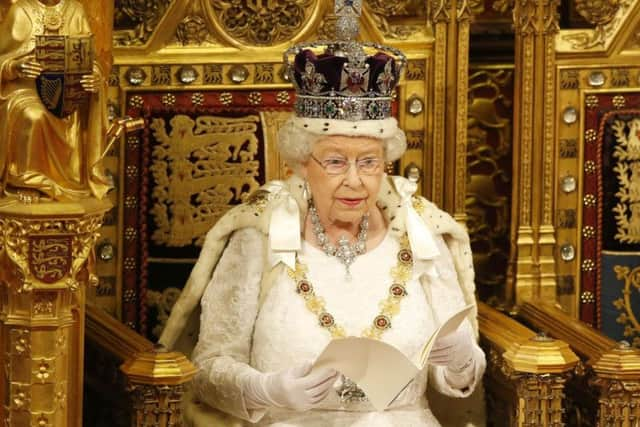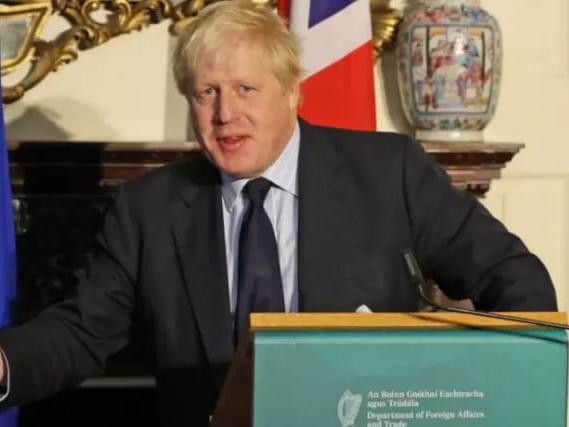Brexit: Can the Queen actually sack Boris Johnson?
But what is the official position on the UK monarch's power to actually remove a sitting PM, in this case Boris Johnson?
In normal circumstances, the queen's role is mostly ceremonial, but she does have access to reserve powers under the constitutional monarchy system that exists in the UK.


What are reserve powers?
Advertisement
Hide AdAdvertisement
Hide AdA reserve power is one that can be exercised in the UK by the head of state without the approval of another branch of the government.
Unlike in a presidential system of government, the head of state is generally constrained by the Cabinet or legislature in a parliamentary system, with most reserve powers usable only in certain exceptional circumstances.
Typically these powers are to grant pardon, to dismiss a prime minister, to refuse to dissolve Parliament, and to refuse or delay royal assent to legislation.


There are usually strict constitutional conventions concerning when these powers may be used and these conventions are enforced by public pressure. Using these powers in contravention of tradition would generally provoke a constitutional crisis.
When has a UK monarch dismissed a PM?
The UK monarch's powers of dismissing a prime minister has not been used often.
The last time a ruler did it was 1834, when William IV dismissed Lord Melbourne's Whig government.
It followed years of Parliamentary wrangling over radical reforms for which there was not enough support in the country.
Melbourne claimed it was personal, but historians have claimed it had more to do with public opinion.
Advertisement
Hide AdAdvertisement
Hide AdIn 1975, the governor-general of Australia used his role as the Queen's proxy to sack the Whitlam government, which had a tiny majority, under circumstances where the opposition blocked finance bills while the PM refused to hold a general election.
The Benn Act and why it matters
This UK Parliament has already passed the so-called Benn Act, requiring Mr Johnson to request a further extension to the Article 50 withdrawal process if he cannot get a new agreement by 19 October.
If Mr Johnson refused to seek the extension and attempted to circumvent the legislation to push through a no-deal exit, thus effectively breaking the law, it is believed that scenario would leave the Queen in a position where she could use one of her reserve powers to dismiss him.
Former Attorney General Dominic Grieve has already warned Mr Johnson the Queen will dismiss him if he seeks to break the law requiring him to seek a Brexit extension.
Mr Grieve, whose was the Government’s chief legal advisor in his previous role, said the Prime Minister would be “gone within five minutes” if he chose to defy Parliament and the courts by refusing to apply the “Benn Act” obliging him to postpone Brexit if no deal is done with the EU by 19 October.
Why a dismissal would be extraordinary
However, such a move by the Queen would represent an extraordinary act.
Queen Elizabeth II has been kept very closely in touch with the exercise of governmental power by means of a weekly audience with the prime minister during which she is fully briefed about the affairs of government, but has otherwise adopted a staunch position of remaining out of day-to-day politics throughout her reign.
